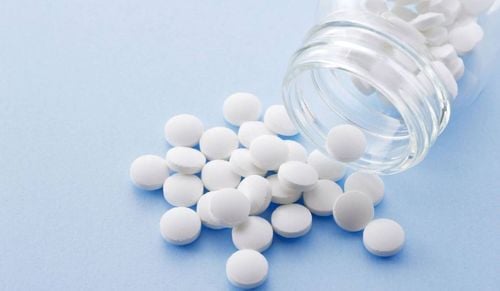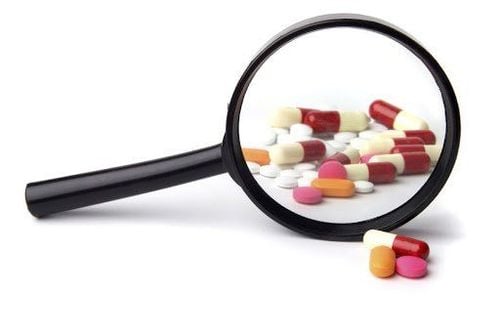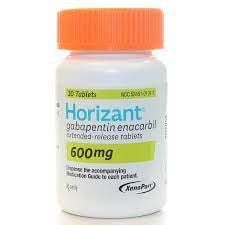This is an automatically translated article.
The article was written by doctors of Internal Oncology - Radiation Oncology Center - Vinmec Times City International General Hospital.A 2014 study of 90 patients receiving chemotherapy found that about half had nerve damage and 6.7% thought it was a symptom that doctors often overlook. The extent of damage depends on the type of chemotherapy drug used.
1. Is CIPN Preventable?
Nerve damage is a common side effect of chemotherapy. Chemotherapy can damage nerves that affect sensation and movement in the limbs. Doctors call this condition chemotherapy-induced peripheral nerve damage (CIPN for short). Symptoms include tingling, numbness, and unusual sensations in the feet and hands. can be serious and affect the patient's quality of life.

Các triệu chứng của bệnh thần kinh có thể bao gồm đau, nóng rát và ngứa ran ở tay chân
The best option to prevent nerve damage is to use chemotherapy drugs that are not likely to cause CIPN. However, this is not easy as the most effective drugs can also cause unpleasant side effects. Patients should discuss the risks and benefits of each treatment option with their doctor. Some research suggests that the following treatments may help prevent nerve damage from chemotherapy:
Vitamin E Calcium and magnesium Antiepileptic drugs Antidepressants Glutathione, an antioxidant Needed exchange with your doctor before deciding to use these medications.
2. Some other methods to help improve symptoms
Although there is no surefire way to prevent CIPN, some of the following may also improve symptoms:Lotions Some creams can relieve symptoms. People can experiment with mild creams that are unlikely to cause skin irritation. Massaging painful areas with lotion can also be effective. Some lotions to try include those that contain cocoa butter and menthol.

Tập thể dục làm tăng lưu lượng máu đến tay chân
Exercise Exercise increases blood flow to the limbs and may provide temporary pain relief. One study found that exercise improved symptoms, such as tingling and numbness in the limbs, in some people with breast cancer.
Activities like swimming, aerobics or yoga are safe options.
Vitamins Some studies suggest that vitamin deficiencies can make CIPN more severe.
Researchers are studying the possibility that certain vitamins may help in this regard. However, a 2013 study in the journal Clinical Nutrition concluded that more research is needed to draw firm conclusions.
Anyone who is lacking vitamins in their diet can take a supplement as recommended by their doctor.
Dietary changes A healthy diet can help the body fight cancer more effectively and may also reduce some of the side effects of treatment.
The study does not refer to specific diets, but a healthy diet should focus on fruits and vegetables, lean meats and whole grains, as well as drinking plenty of water.
If nausea caused by chemotherapy makes it difficult to eat, people can talk to their doctor about treatment options for nausea.
Massage People receiving acupressure massage can help with nerve damage. Massage improves blood flow and can provide temporary relief from nerve damage symptoms.
Some people may experience muscle tension in response to nerve pain and massage can help release this tension, and prevent the pain from spreading. A 2016 Palliative Care study in the Oncology Symposium reported that people with CIPN as a result of treatment for multiple myeloma saw an improvement in their symptoms after treatment sessions. massage therapy.

Cải thiện tình trạng tổn thương thần kinh do hóa trị bằng phương pháp bấm huyệt
Other Alternatives Some people find benefits from acupuncture, acupressure, massage... and other forms. However, many treatments need more research to confirm their effectiveness. These remedies may also help some people cope with the stress of facing a cancer diagnosis and dealing with chemotherapy. Research has not proven that these measures work, but people People with cancer can try these methods for comfort and psychological well-being. People should consult their doctor before trying alternative remedies.
3. Medical treatment for nerve damage
There is no medical treatment for nerve damage that works for everyone undergoing chemotherapy. Many treatments are still in the experimental stage. The most effective treatment largely depends on the type of chemotherapy drug being used. This is because different drugs "damage" the nerves differently.Drugs Researchers are testing drugs against the nerve damage that causes CIPN. Early research shows that certain drugs may help, depending on which chemotherapy drugs a person takes. However, a 2014 review from the journal Cancer Management and Research says current information on the effectiveness of these drugs is controversial and requires more research.
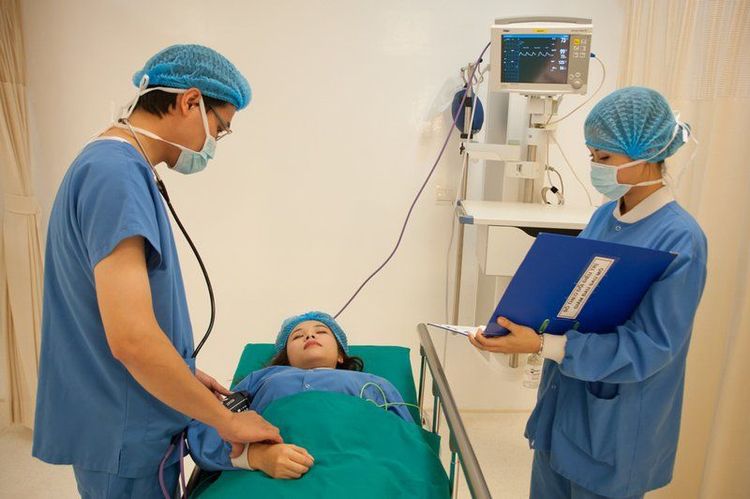
Điều trị tổn thương thần kinh do hóa trị tại Khoa Điều trị đau và Chăm sóc giảm nhẹ Vinmec
Neuromodulation Although still experimental, the following treatments may help:
Neurofeedback, a condition in which the brain changes the way it responds to pain Pain relief treatment, stops damaged nerves that send signals to the brain Repeated stimulation, which uses electromagnetic pulses to encourage changes in the brain Adjust the dose of chemotherapy Medical treatments may not work for with nerve damage, so the standard treatment of choice is to reduce the dose of chemotherapy.
Your doctor may recommend higher frequency treatment with only half the dose or stopping chemotherapy in some cases.
4. What chemotherapy drugs cause CIPN?
The chemotherapy drugs most likely to cause CIPN include:
Paclitaxel Cisplatin Oxaliplatin Thalidomide Docetaxel Bortezomib Lenalidomide Vincristine
5. Symptoms
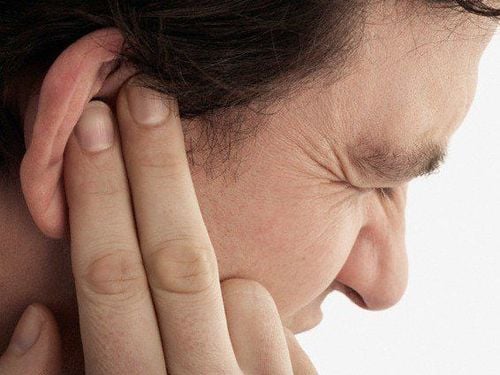
Tiếng reo trong tai là một triệu chứng phổ biến của tổn thương thần kinh
Numbness and tingling in the limbs are the main symptoms of nerve damage. Some people feel weak and find it difficult to hold small objects. Symptoms can be severe and significantly affect a person's quality of life.
Common symptoms include:
Pain in the hands and feet Tinting or burning in the limbs Tingling, electric shock in the hands, feet, or legs Ringing in the ears Difficulty picking up things Difficulty with things detailed work, such as buttoning a shirt very cold or hot limbs Loss of balance Painful or difficult urination Constipation CIPN is especially difficult to treat because it is impossible to predict when symptoms may occur - sometimes, they develop after treatment ends - or how long they will last.
6. How is the diagnosis?
A doctor usually diagnoses CIPN by looking at a person's symptoms, especially when they are taking one of the chemotherapy drugs known to cause nerve damage.
Tham vấn ý kiến bác sĩ giúp giải tỏa nỗi lo sau hóa trị
However, nerve pain can be caused by something other than chemotherapy.
Other conditions that can cause nerve damage include:
Kidney failure Diabetes Autoimmune diseases Infections Carpal tunnel disorders Alcohol abuse Nutritional deficiencies Check to rule out these causes
Damage Nerve damage can be very painful, but it's usually not permanent. For most people, symptoms go away after stopping chemotherapy.
Sometimes it takes a few months for the symptoms to fade. A 2014 study found that 30% of people still had CIPN symptoms 6 months or longer after stopping chemotherapy.
In rare cases, nerve damage can be permanent. Although CIPN can be debilitating, it is important to note that these symptoms will almost always improve.
Customers can directly go to Vinmec Health system nationwide to visit or contact the hotline here for support.
Article referenced source: Medicalnewstoday 2019
MORE:
When does hair grow back after chemotherapy? Why is chemotherapy dose important? Basic understanding of chemotherapy in cancer treatment





